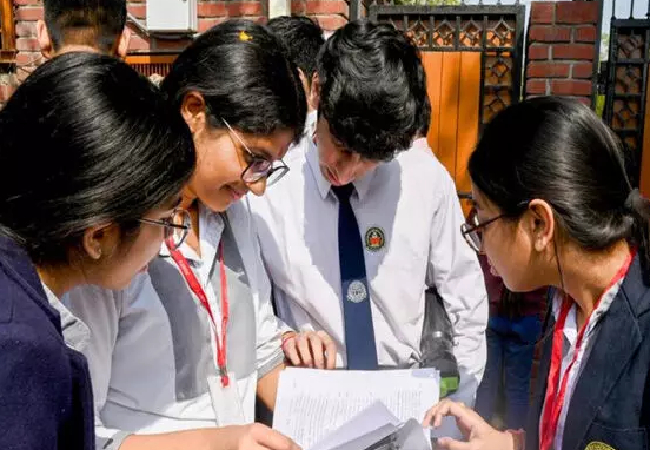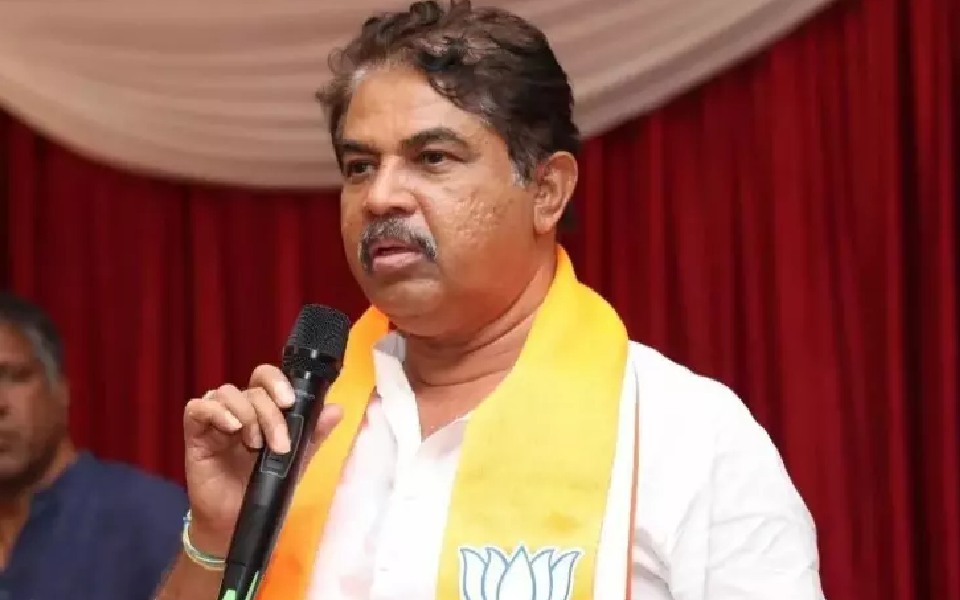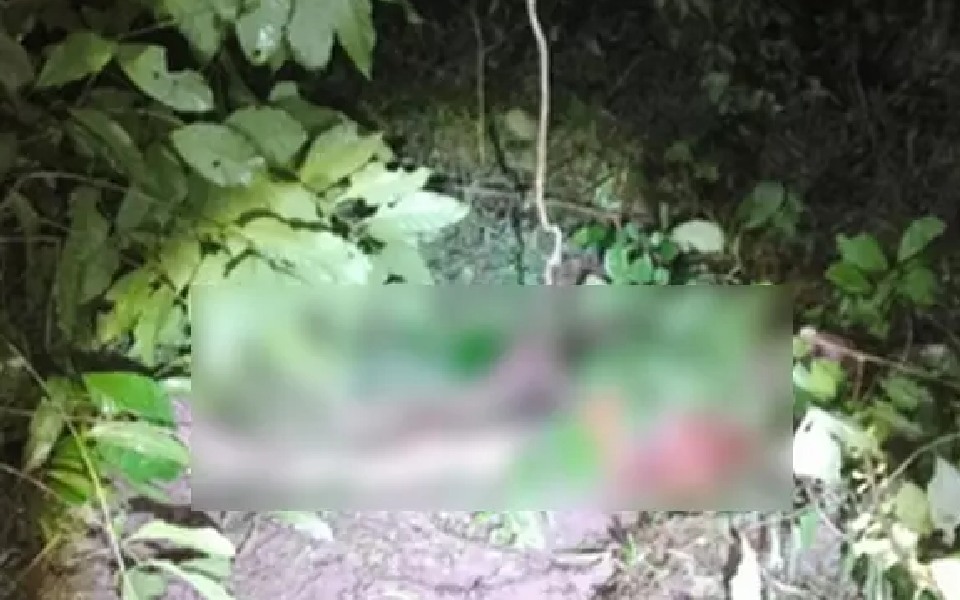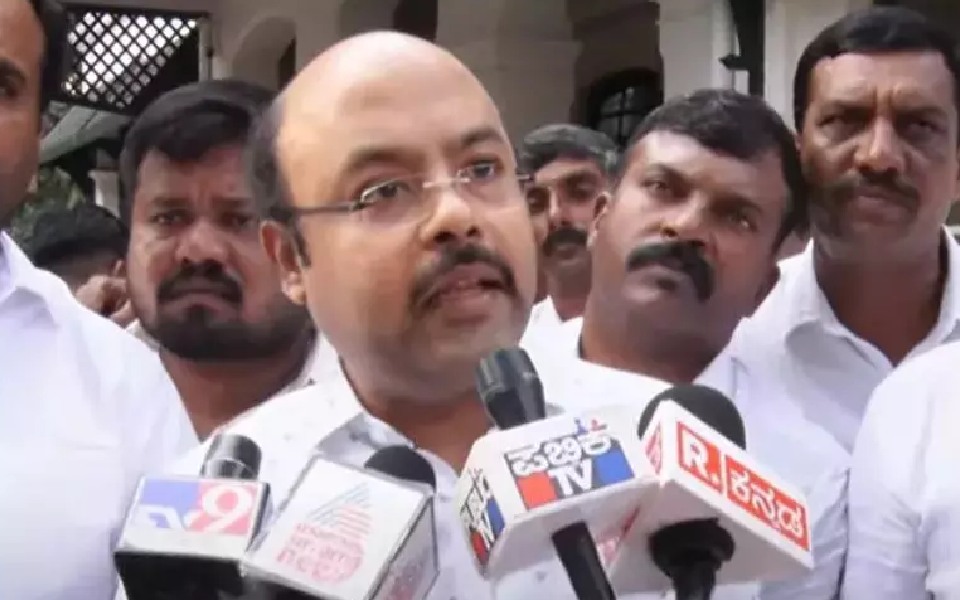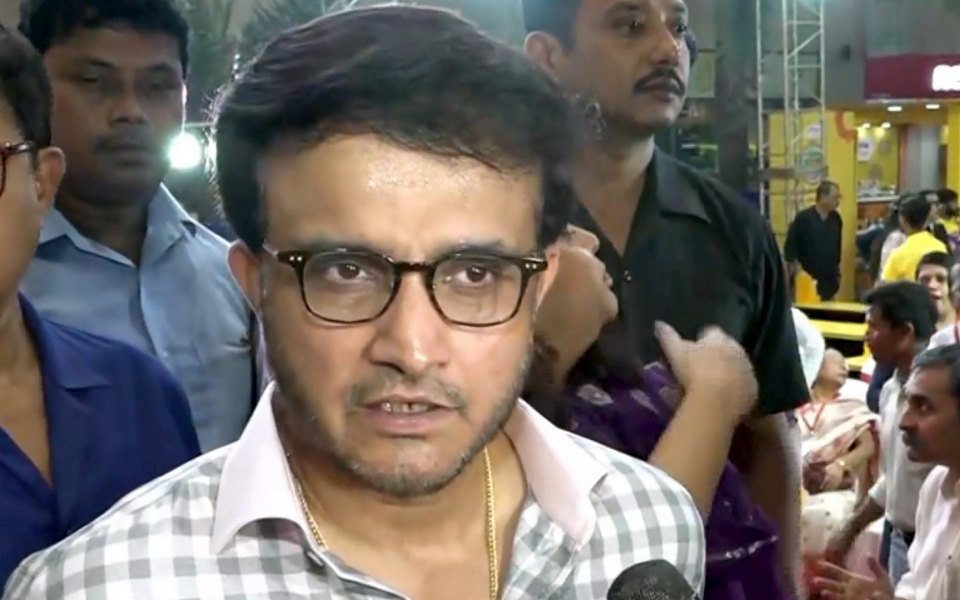New Delhi (PTI): CBSE students not found attending regular schools will not be allowed to appear for Class 12 board examinations, officials said and added that the onus of taking admission in "dummy schools" lies with students and parents.
In its ongoing crackdown on "dummy schools", the Central Board of Secondary Education is contemplating amending examination bye-laws to disallow such students from appearing in the board exams and will have to take the National Institute of Open Schooling (NIOS) test.
"In case candidates are found missing from school or are found to be non-attending during surprise inspections undertaken by the board, such candidates may not be allowed to appear for the board examination. The onus of not attending regular school also falls on the concerned student and his or her parents," a senior board official told PTI.
The official said action against schools promoting such a "dummy" culture or sponsoring non-attending students will be taken in accordance to the board's affiliation and examination bye-laws.
The issue was also taken up in the recent Governing Board Meeting of the board where it was recommended that the decision be implemented from academic session 2025-2026.
"In the examination committee the matter was discussed elaborately and came to the conclusion that as per the board regulations, a minimum of 75 per cent attendance is mandatory for students to be eligible to appear for the board examinations."
In case the required attendance is not met, merely enrolling at a non-attending school may not entitle such students to appear for the CBSE examination, he said.
"Such students may approach the NIOS to appear in the examination if not allowed by CBSE. It was also discussed that the board offers a 25 per cent relaxation only in cases of exigencies such as medical emergencies, participation in national or international sports events and other serious reasons," the official added.
The board is considering that those students who do not have required attendance, the board may not consider their candidature and disciplinary action may also be taken against the school for referring such students for the exam.
"It was also decided that CBSE may explore with NIOS on the above proposal and prepare the guidelines which could be issued in the next academic session," the official added.
Scores of students preparing for engineering and medical entrance exams prefer to take admission in dummy schools so that they can focus solely on their preparations for competitive exams. They do not attend classes and straightaway appear in the board exams.
Aspirants also choose dummy schools to take advantage of state-specific quotas for admissions to medical and engineering colleges. For example, candidates who complete their senior secondary education in Delhi become eligible for the Delhi state quota in medical colleges, giving them an additional incentive to enrol in dummy schools in the capital.
The rise of dummy schools is a growing concern, particularly for students preparing for competitive engineering and medical entrance exams. Many students enrol in dummy schools, allowing them to bypass regular attendance while focusing entirely on exam preparation. These students only appear for board examinations.
Let the Truth be known. If you read VB and like VB, please be a VB Supporter and Help us deliver the Truth to one and all.
Bengaluru: Leader of the Opposition R. Ashoka launched a scathing attack on MLC Dr. Yathindra, demanding that he retract his controversial statement comparing Chief Minister Siddaramaiah to the late Maharaja Nalwadi Krishnaraja Wadiyar. Ashoka urged Yathindra to apologize to the people of Karnataka if he had even a shred of conscience and any respect for the Mysuru royal lineage.
In a strongly worded social media post on Sunday, Ashoka stated, “Comparing Siddaramaiah to Nalwadi Krishnaraja Wadiyar is nothing short of absurd. Where is Nalwadi, who was bestowed the title of ‘Rajarshi’ by Mahatma Gandhi himself, and where is Siddaramaiah, who has stooped to being a puppet in the hands of fake Gandhis for the sake of power?”
He continued his critique by contrasting the enduring legacy of Nalwadi, remembered fondly by Kannadigas for his people-centric development, with what he termed as Siddaramaiah’s failure to manage Karnataka’s economy, burdening every household with debt.
Ashoka highlighted several stark differences, while Nalwadi built Mysore University over a century ago, Siddaramaiah is shutting down nine universities due to lack of funds. Nalwadi famously sold his family’s gold to build the KRS dam, whereas Siddaramaiah is accused of grabbing 14 sites meant for the public. Nalwadi established Bhadravati Iron & Steel Plant, Sandalwood Soap Factory, and Mysore Paper Mills. In contrast, Ashoka claimed Siddaramaiah's governance drove away industries, investors, and entrepreneurs. Nalwadi pioneered reservations for the backward classes long before it became mainstream. Siddaramaiah, Ashoka alleged, is reducing social justice to a gimmick by sticking labels on doors in the name of surveys.
While acknowledging Yathindra’s emotional attachment to his father, Ashoka emphasized that comparing Siddaramaiah to a visionary like Nalwadi was “laughable, baseless, and a gross insult” to the late king.
In his concluding remarks, Ashoka slammed the government for ignoring farmers’ needs despite an early monsoon. He accused the administration of being caught up in internal power struggles and negligence, forcing farmers into despair. “This government will not be spared from the curse of the farmers,” he warned.

